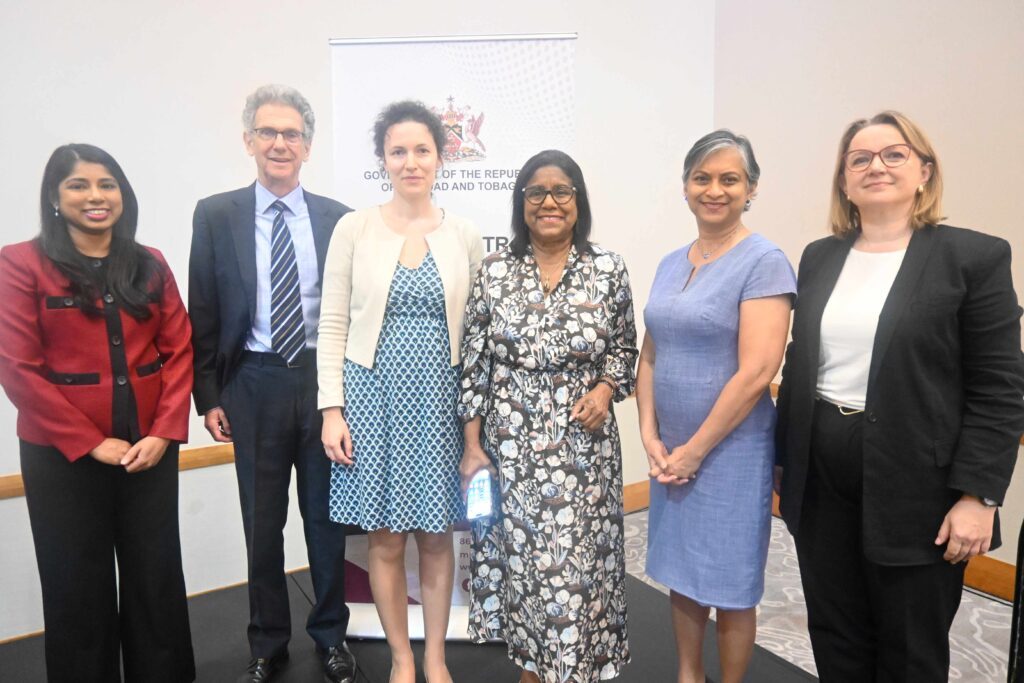E-commerce strategy reaches second phase

THE second phase of the national e-commerce strategy project kicked off on July 16, with a consultation on the drafting of the strategy held at the Hyatt Regency in Port of Spain.
The e-commerce strategy initiative is a data-driven plan for the development of e-commerce in Trinidad and Tobago from 2023-2026, led by the Ministry of Trade, with support from UN Conference on Trade and Development (UNCTAD).
Delivering opening remarks at the consultation, Minister of Trade Paula Gopee-Scoon said e-commerce and digital transformation continues to be a core area of focus for the Government. She said digital transformation could be a driving force for innovation, growth, trade and social prosperity.
“According to the World Trade Organisation (WTO), the rise of the digital economy provides a range of new opportunities for small and medium-sized firms to play a more active role in global value chains,” she said.
The minister pointed out several digital policies and initiatives, such as TTBizLink, which processes permits and licences and GovPayTT, which facilitates cashless payments for government services.
“With this in mind, the national e-commerce strategy should build upon and complement all other government initiatives in this area,” she said.
The initiative started in December 2023 with the signing of a contribution and technical assistance agreement with UNCTAD for the development of Trinidad and Tobago’s national e-commerce strategy.
The first phase of the project was the e-trade assessment, which, through a stakeholder consultation in March, bilateral meetings, online surveys and feedback from the public and private sectors, was able to determine the readiness of TT’s e-commerce framework.
“The assessments present the gaps, opportunities and challenges to e-commerce development across seven policy areas.”
Gopee-Scoon said the assessment is a blueprint which will inform the development of a national e-commerce strategy. She stressed the importance of the stakeholders’ input in ensuring the strategy accurately captures the context in each area of focus. She added that some of the areas already identified for action include legal frameworks, enhancing and co-ordinating systems for delivery of goods, data-collection for policy making, literacy, business incubators and affordable online payment solutions.
“With your support, this has the potential to be transformative for the business community,” Gopee-Scoon said.

Comments
"E-commerce strategy reaches second phase"